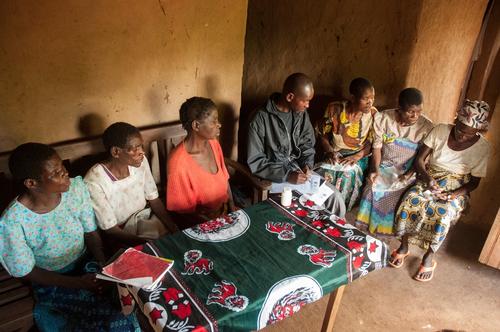During the 1990s, MSF teams made a bitter observation: we were failing to treat some of our patients suffering from infectious diseases, while in developed countries, remarkable progress was being made in the field of health. Two decades on, medicines in developing countries are still either too expensive, aren't suitable to be used in many of the contexts in which we work (for example, in hot, humid conditions or where there's a lack of electricity), or simply don't exist for the diseases we need to treat.
In 1999, we launched the Campaign for Access to Essential Medicines, now known as the Access Campaign. Its mission focuses on three areas: overcoming barriers to access to essential medicines, stimulating research and development for neglected diseases, promoting health exceptions to global trade agreements.
In 2003, MSF joined several research institutes, including the Institut Pasteur, to create the Drugs for Neglected Diseases initiative (DNDi), a non-profit research and development organisation engaged in research and development of new treatments for neglected diseases.
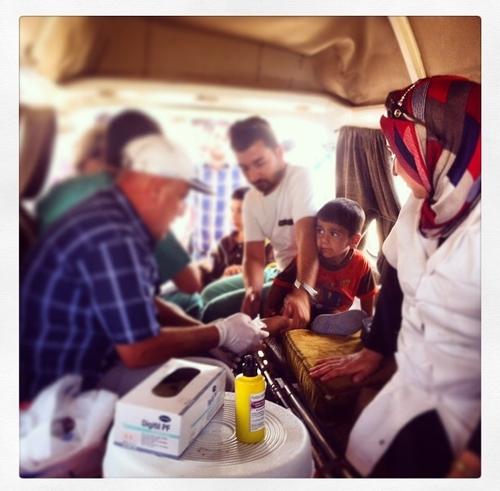
Unacceptable humanitarian failure
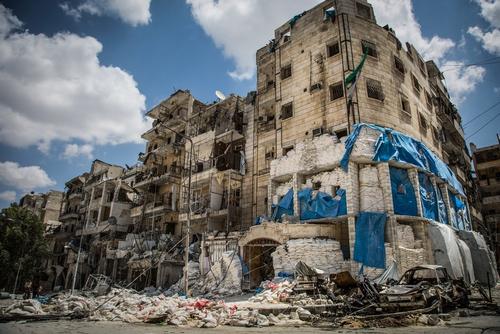
Aleppo surviving on a fragile humanitarian lifeline
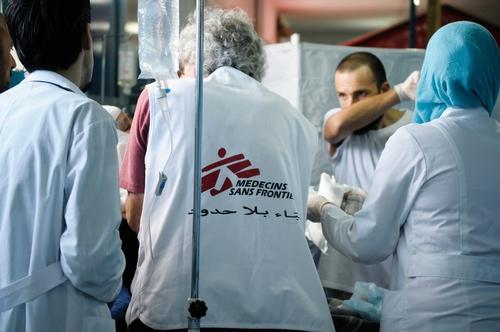
Aleppo: Medical Aid Besieged
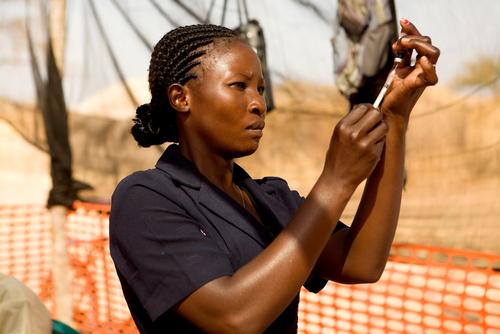
Fighting a measles outbreak in Yida refugee camp

MSF responds to Pfizer announcement of pneumococcal vaccine price reduction
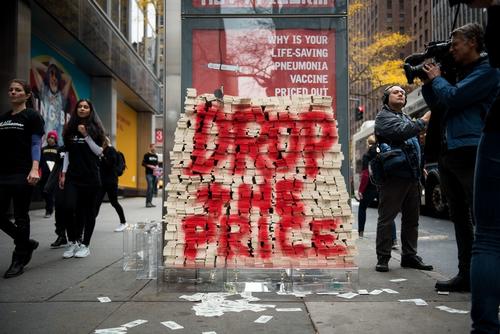
MSF calls on GSK and Pfizer to slash pneumo vaccine price to $5 per child for poor countries ahead of donor meeting
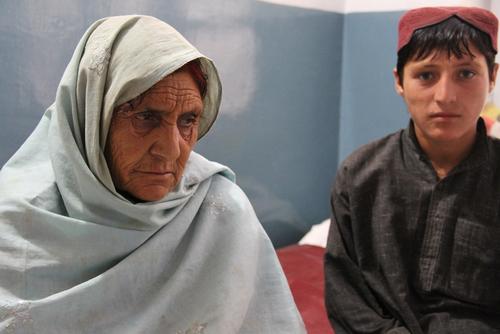
“No Place to Call Home” for Internally Displaced People
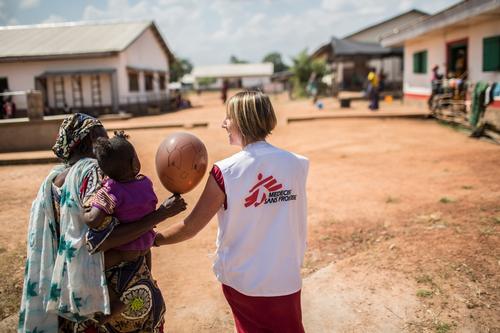
‘Double victims’ – in conflict zones, people with HIV are twice as vulnerable
